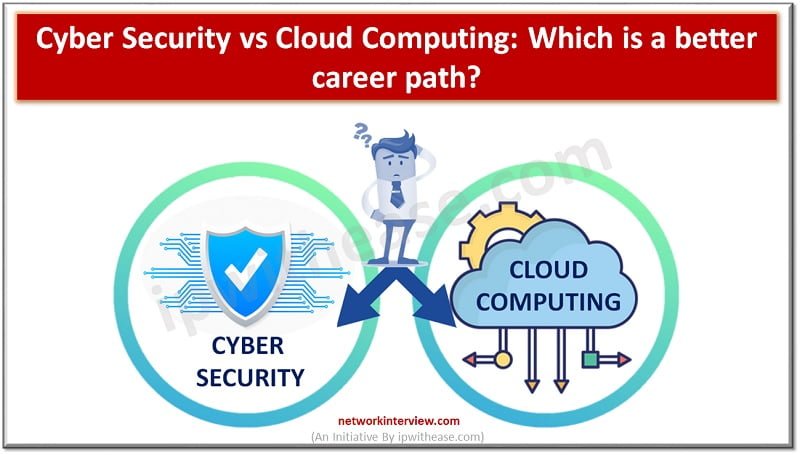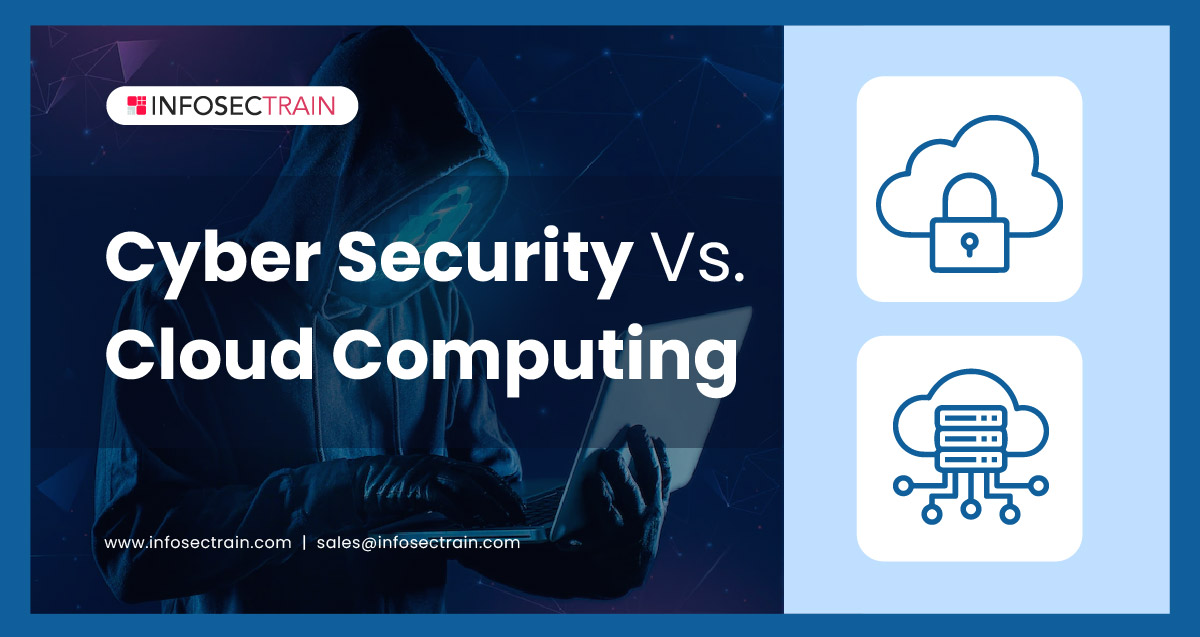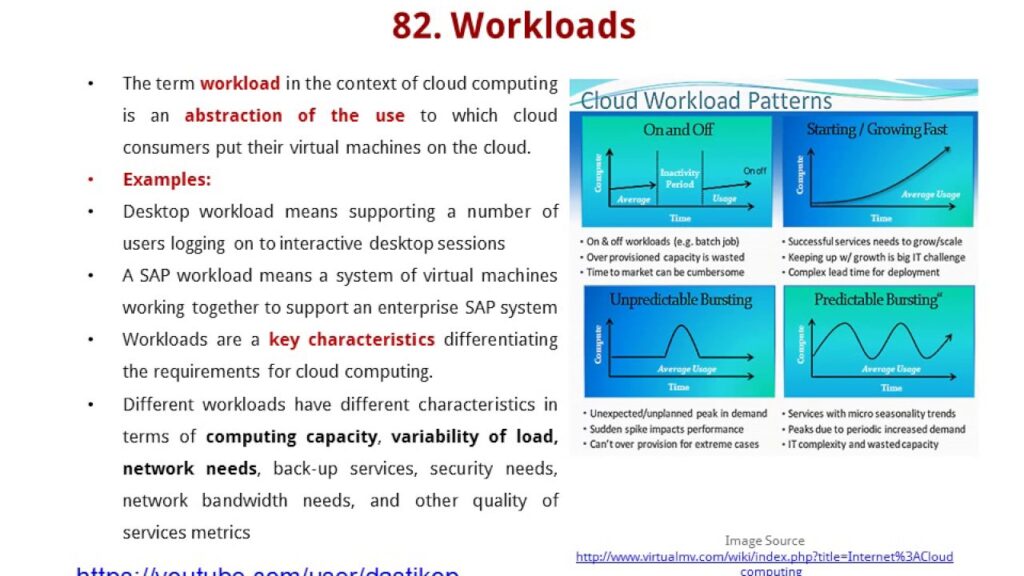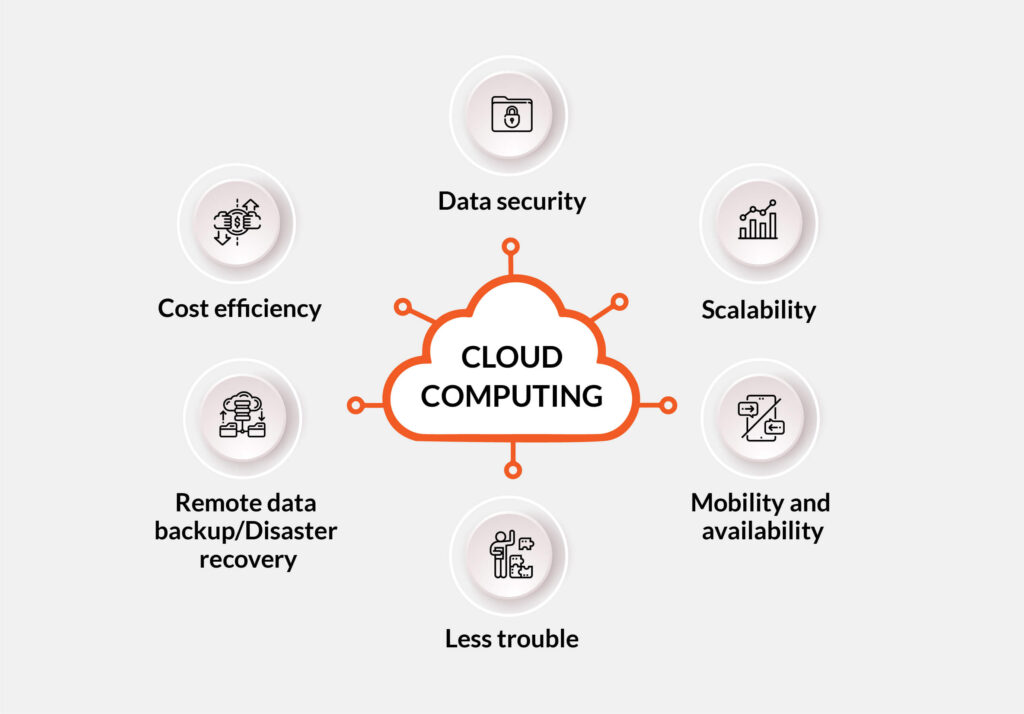In today’s digital age, businesses rely heavily on technology to store and manage their data. With the increasing amount of sensitive information being stored online, ensuring its security has become a top priority. Cybersecurity and cloud computing are two terms that are often used interchangeably, but they are vastly different concepts. While both are crucial for safeguarding data, they serve very different purposes.
Cybersecurity is the practice of protecting computer systems, networks, and sensitive data from theft, damage, or unauthorized access. It involves a range of technologies, processes, and policies designed to prevent and detect cyber threats. On the other hand, cloud computing refers to the delivery of computing services over the internet, allowing users to access and store data remotely. While cloud computing has many advantages, such as scalability and cost-effectiveness, it also raises concerns about data privacy and security. In this article, we will explore the benefits and drawbacks of both cybersecurity and cloud computing and determine which one is better suited for protecting your data.
The answer to the question, “Which is better, cyber security or cloud computing?” depends on the individual’s specific needs. Cyber security is the practice of protecting networks, systems, and programs from digital attacks. Cloud computing is the practice of using a network of remote servers hosted on the Internet to store, manage, and process data, rather than a local server or a personal computer. Both have advantages and disadvantages, so it is important to consider the individual’s needs before making a decision.

Cyber Security vs Cloud Computing
Cyber security and cloud computing are two of the most important topics in the world of technology. With the rise of cyber crimes and the need for privacy and data security, both of these technologies are becoming increasingly important. This article will discuss the differences between cyber security and cloud computing and which one is better.
What is Cyber Security?
Cyber security is the practice of protecting networks, systems and programs from digital attacks. These attacks are usually carried out by hackers who are looking to gain access to sensitive information or disrupt operations. Cyber security involves the use of various methods and technologies to protect networks, systems and data from unauthorized access, damage and disruption.
Cyber security measures include firewalls, antivirus software, encryption, user authentication and other security measures. Cyber security is designed to protect data and systems from unauthorized access, damage and disruption. It is also used to prevent identity theft, fraud and other cyber crimes.
What is Cloud Computing?
Cloud computing is the delivery of computing services, such as servers, storage, databases, networking, software, analytics and intelligence, over the Internet. Cloud computing allows users to access their data and applications from any device with an Internet connection, without having to install and maintain the underlying hardware and software. It also allows businesses to scale up or down their computing resources as needed, without having to make large upfront investments in hardware and software.
Cloud computing is often used by businesses to reduce costs and increase efficiency. It is also used to store large amounts of data in a secure and reliable manner, allowing businesses to access their data from anywhere in the world.
Which is Better?
The answer to this question depends on the needs of the individual or business. Cyber security is important for protecting networks, systems and data from unauthorized access, damage and disruption. Cloud computing is important for reducing costs and increasing efficiency, as well as for securely storing large amounts of data.
In most cases, a combination of both cyber security and cloud computing is the best option. Cyber security provides protection from external threats while cloud computing provides the scalability and cost savings that businesses need. By using both technologies together, businesses can ensure their networks, systems and data remain secure while also benefiting from the cost savings and increased efficiency of cloud computing.
Frequently Asked Questions
This page provides information on the difference between cyber security and cloud computing. It discusses the advantages and disadvantages of both and which one is better for your organization.
What is Cyber Security?
Cyber security is the practice of protecting networks, systems, and programs from digital attacks. These attacks are usually aimed at accessing, changing, or destroying sensitive information, extorting money from users, or interrupting normal business processes. Cyber security generally involves implementing measures such as firewalls, encryption, user authentication, and intrusion detection systems to protect networks and data from unauthorized access.
What is Cloud Computing?
Cloud computing is the practice of using remote servers hosted on the Internet to store, manage, and process data, instead of a local server or a personal computer. It is a form of computing that relies on shared computing resources rather than having local servers or personal devices to handle applications. It allows organizations to access data, software, and applications from anywhere, at any time, and from any device.
What are the Advantages of Cyber Security?
The main advantage of cyber security is that it helps protect an organization’s data, networks, and systems from malicious attacks. Cyber security prevents attackers from gaining access to an organization’s sensitive information, prevents data loss or theft, and ensures business continuity in the event of an attack. It also helps organizations comply with regulations and industry standards, and reduces the risk of financial losses and reputation damage.
What are the Advantages of Cloud Computing?
The main advantage of cloud computing is that it is cost-effective and provides organizations with access to powerful computing resources that would otherwise be too expensive to acquire. It also allows organizations to access applications, data, and software from anywhere, at any time, and from any device. Additionally, cloud computing provides scalability and flexibility, allowing organizations to quickly scale up or down to meet their changing needs.
Which is Better: Cyber Security or Cloud Computing?
Both cyber security and cloud computing are important to an organization’s operations, but which one is better depends on an organization’s needs. Organizations should assess their specific requirements and then decide which one is more suitable. In general, cyber security is better for organizations that require enhanced security for their data, networks, and systems. On the other hand, cloud computing is better for organizations that need to access data, software, and applications from anywhere, at any time, and from any device.

In conclusion, the debate of whether cyber security or cloud computing is better ultimately comes down to the needs and priorities of the organization. Cyber security is essential for protecting sensitive data and preventing cyber attacks, while cloud computing offers numerous benefits such as cost savings and scalability. However, it is important to note that implementing both cyber security measures and cloud computing solutions can lead to a comprehensive and effective approach to data protection.
Ultimately, the key to a successful data protection strategy is finding the right balance between cyber security and cloud computing. By leveraging the strengths of both approaches and tailoring them to the unique needs of the organization, businesses can ensure the safety and security of their data while also taking advantage of the numerous benefits that cloud computing has to offer. With the right approach, organizations can achieve a secure and efficient digital ecosystem that supports their business goals and protects their valuable data assets.



